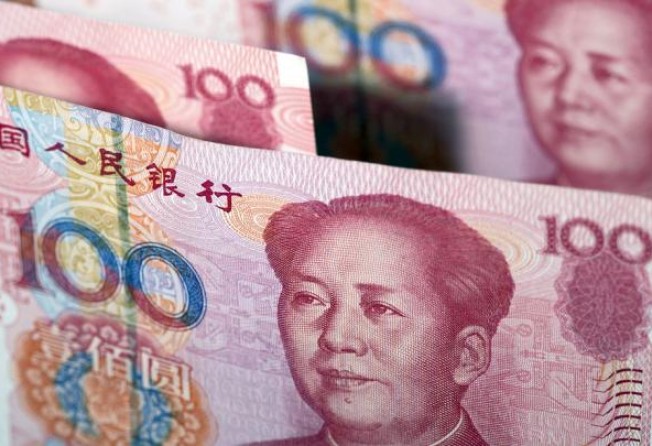China's yuan outs yen as Asia's currency of choice

Asian central banks are tolerating gains in their currencies against the yen as China's economic recovery diminishes concern that stronger exchange rates may dampen their export advantages.
South Korea's won has climbed a record 20 per cent against the yen this year while Taiwan's dollar rose 17 per cent and the yuan 13 per cent. Asian currencies moved more in sync with the yuan than the yen over the past year.
The outperformance of currencies in developing Asia relative to the yen signals China's dominance in shaping the region's economy as Japan's influence wanes. China, the largest trading partner of South Korea and Taiwan, is rebounding from a slowdown over the past seven quarters, while Japan's growth is forecast to decelerate next year, according to economists.
"Central banks are not standing in the way of their currency appreciation," said Edwin Gutierrez, an emerging-market debt specialist at Aberdeen Asset Management. "The yuan is becoming more influential for those currencies. Japan's role is diminished because of the rise of China."
South Korea's new government will not see the need for intervention because the exchange rate is more influenced by external economic trends rather than domestic ones, said Kim Jong-in, an adviser to President-elect Park Geun-hye, by telephone on December 20.
Taiwan's central bank governor Perng Fai-nan said on December 19 that the monetary authority's mandate is to keep relative exchange-rate stability and to intervene in the event of abnormal moves. He made similar comments in September when the Taiwan dollar was 12 per cent cheaper versus the yen.
Thailand's policymakers seek to let the baht move in line with the market as foreign inflows increase, Bank of Thailand deputy governor Pongpen Ruengvirayudh said on December 15.
At 11 per cent, foreign ownership in Thailand's bond market is still low, compared with as much as 40 per cent of its peers, he said.
The Bloomberg JP Morgan Asia Dollar Index has risen 2.5 per cent this year after reaching a year-high 118.14 on November 29. The yuan recorded a 19-year high of 6.2223 per dollar in November and trades at its strongest since May 2010 against the yen.